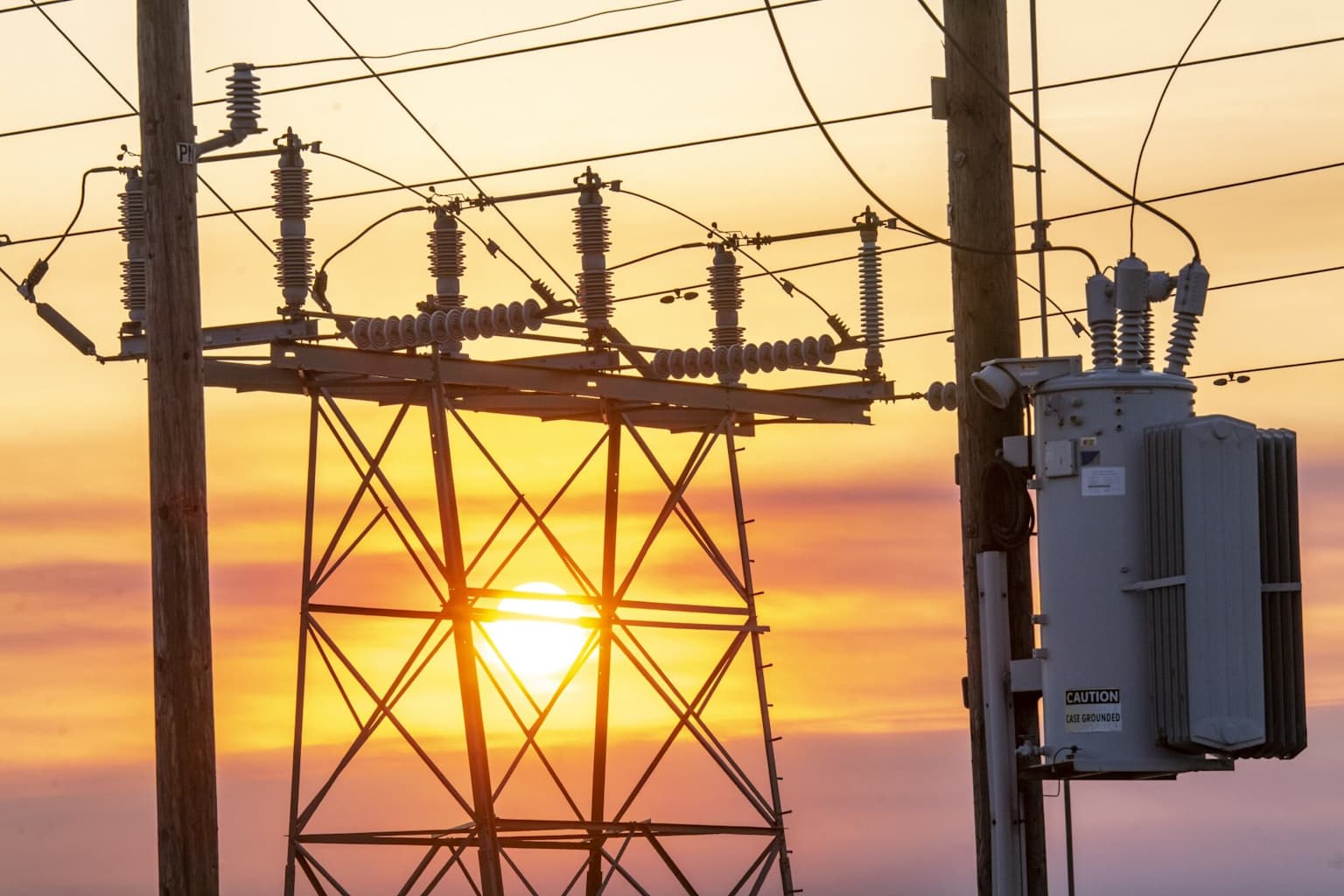- Storm Costs Create Future Uncertainty
- Relief After Years of Rising Bills
- Political Timing and Opposition
Georgia utility regulators voted unanimously Tuesday to freeze electricity rates for the state's largest power company through at least 2028, providing relief to customers who have endured six rate increases over the past three years.
The Georgia Public Service Commission's 5-0 approval of Georgia Power's rate freeze plan affects 2.8 million customers statewide and represents an extension of an alternative rate structure first approved in 2022. The decision comes as Georgia experiences extraordinary economic growth driven largely by data centers and other large industrial users.

The rate freeze excludes "reasonable and prudent" costs related to Hurricane Helene restoration and other storm damage through 2025, which Georgia Power estimates at $862 million12. The company plans to seek recovery of these costs in a separate regulatory proceeding expected in the first half of 20263.
"The rate freeze resulting from this plan is a great result for customers, balancing the mutual benefits of extraordinary economic growth among all stakeholders," said Kim Greene, Georgia Power's chairman, president and CEO3.
Aaron Abramovitz, the company's chief financial officer, testified that any rate increase to recover storm damage could potentially be offset by decreases in charges customers have paid since 2023 for higher natural gas and coal costs12.
The freeze provides respite for customers whose bills have climbed substantially in recent years due to higher fuel costs and major construction projects, including two new nuclear reactors at Plant Vogtle near Augusta12. A typical residential customer now pays more than $175 monthly, including taxes12.
Commissioner Tim Echols said the decision reflects economic realities. "Freezing these rates shows that we're listening to ratepayers and we're doing all we can to protect them and continue to grow this economy in this state," he said after Tuesday's vote12.
The company's electricity demand projections have risen from an expected 200-300 megawatts in 2022 to about 8,000 megawatts over the next five to 10 years, with 80% to 90% coming from data centers and other large users3.
The agreement allows Echols and Commissioner Fitz Johnson to campaign for reelection without defending rate increases12. Environmental groups opposed the plan, arguing it doesn't adequately control Georgia Power's profits. The company collected $11.3 billion in revenue last year and contributed $2.5 billion in profit to parent company Southern Co1.
"Georgia Power's three-year rate freeze is a Trojan horse," said critic Bryan Durand, according to The Current GA3.



